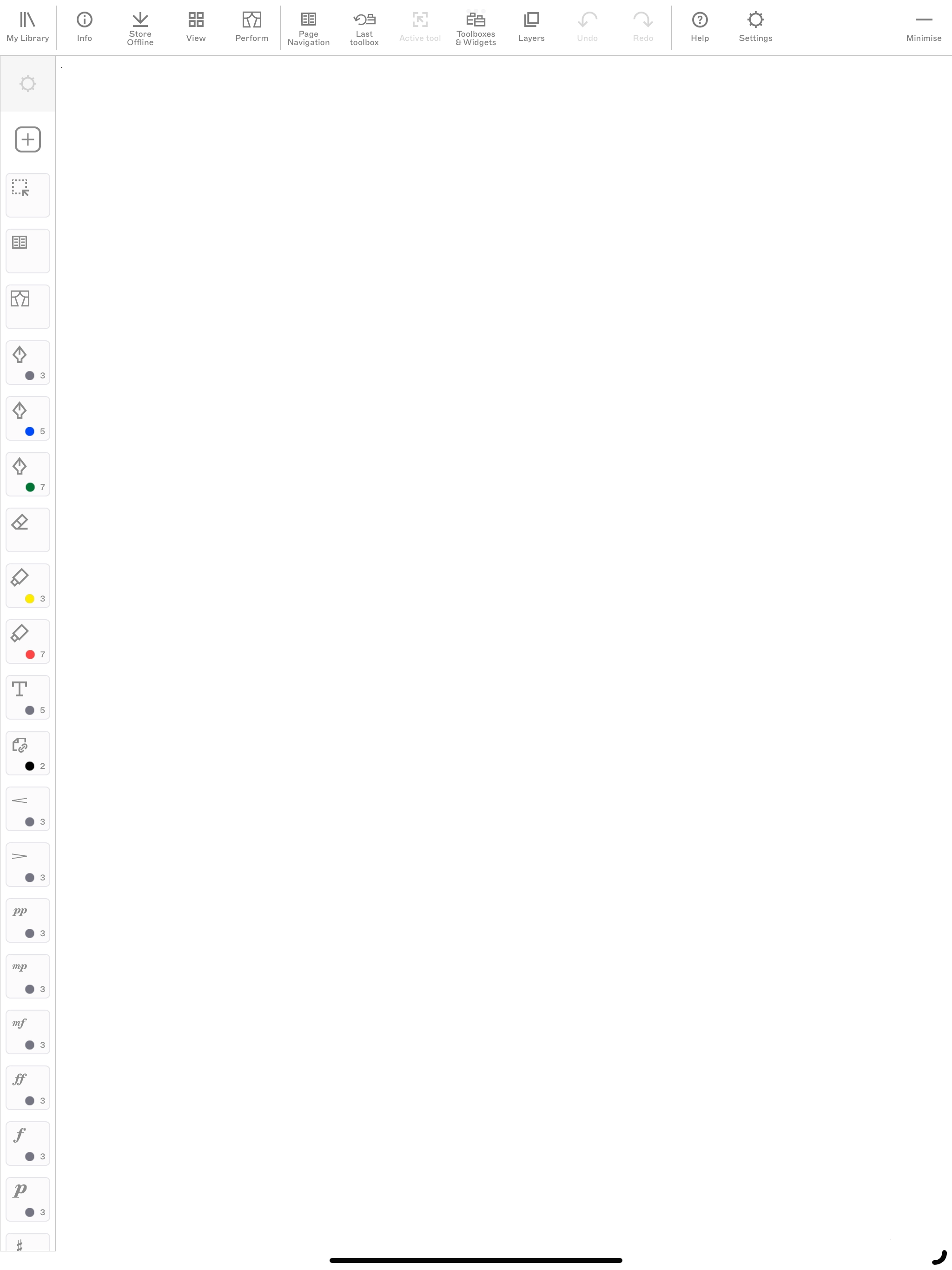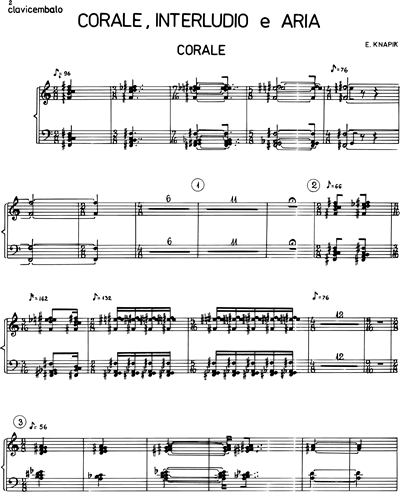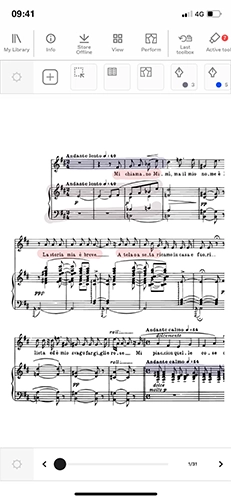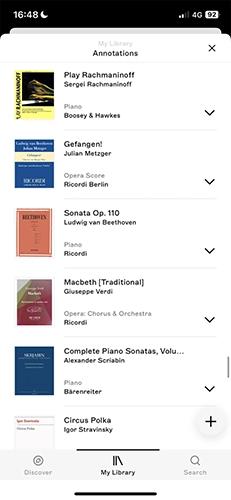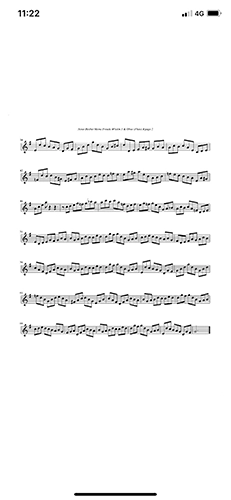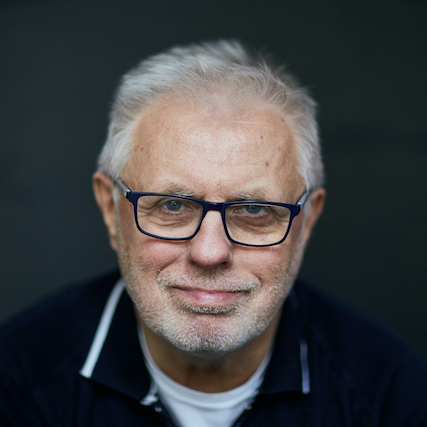
Eugeniusz Knapik
15 pieces at nkodankoda sheet music library
over 100k editions from $14.99/month
Hassle-free. Cancel anytime.
available on
nkoda digital sheet music subscription


Editions
Annotate
Library
Perform
100k+ available Editions
More about Eugeniusz Knapik
Eugeniusz Knapik studied at the Katowice State Higher School of Music (now Music Academy) in the class of Henryk Mikołaj Górecki (composition) and Czesław Stańczyk (piano). In 1978 he received a state scholarship for a trip to Paris, and in the 1980s he worked at the Experimental Studio in Freiburg. His compositional debut took place on June 7, 1974 in the National Philharmonic, where works from the series La Flûte de Jade (1973) were heard. Soon after, a number of pieces by Knapik were presented at the Young Musicians of the Young City Festival in Stalowa Wola (1975–80), and now his works appear on the world’s leading stages. As a pianist, he performs solo and in ensembles, mainly with the twentieth century repertoire. He was the first to perform the entirety of Olivier Messiaen’s Vingt Regards sur l’enfant-Jésus in Poland. In 1976, he started working at his alma mater, and in the years 2002–08, he held the post of its rector. He also organized the Studio of Electroacoustic Music at the Katowice Academy of Music. Knapik’s work is divided into two extensive phases, and the composer’s crucial turning point was a collaboration with Jean Fabre. The Flemish artist, hearing Knapik’s Islands in Australia, turned to the composer in 1987 with the proposal to create a monumental operatic cycle. And so, Knapik’s earlier work is filled with chamber and orchestral compositions with a compact structure, while the later works are dominated by large forms (mostly vocal- instrumental) and huge instrumentations.

Eugeniusz Knapik sheets music on nkoda
Edition/Parts
Composer/Artist
Part
Source
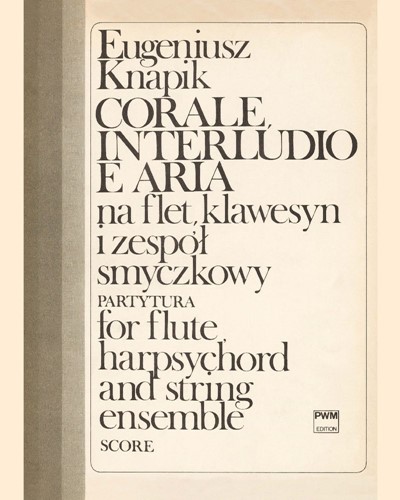
Corale, Interludio e Aria
Eugeniusz Knapik
Orchestra
PWM Edition
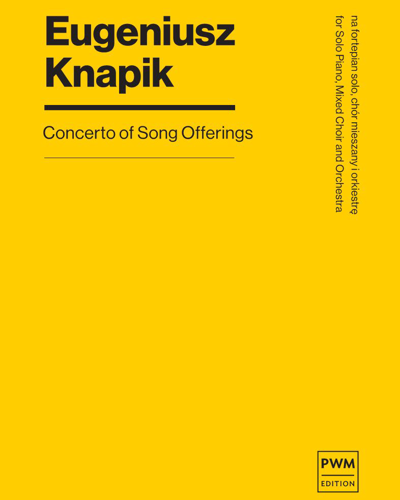
Concerto of Song Offerings
Eugeniusz Knapik
Mixed Chorus & Piano & Orchestra
PWM Edition
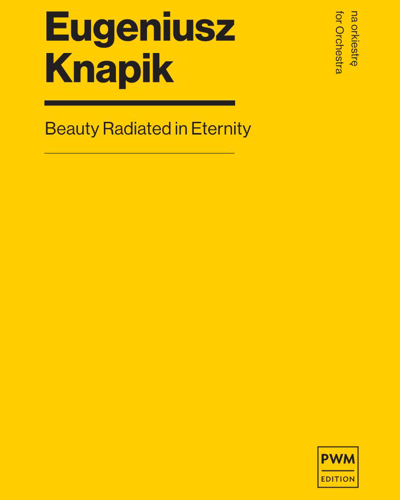
Beauty Radiated in Eternity
Eugeniusz Knapik
Chorus & Orchestra
PWM Edition
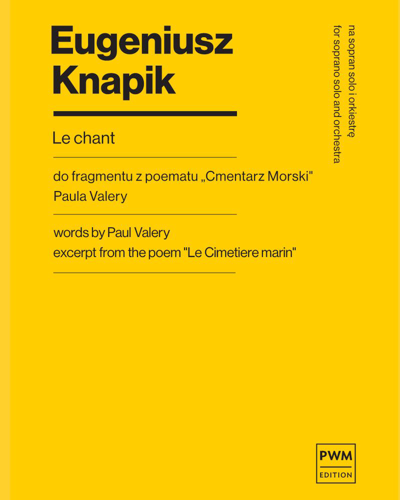
Le chant
Eugeniusz Knapik
Full Score
PWM Edition
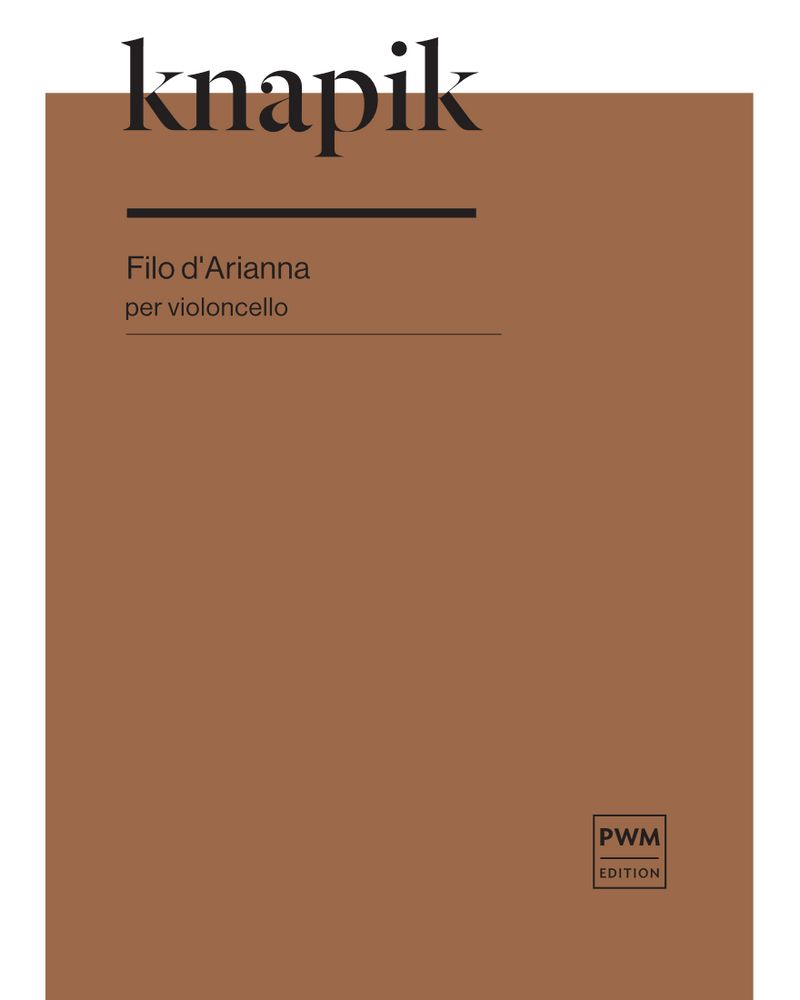
Filo d'Arianna
Eugeniusz Knapik
Cello
PWM Edition
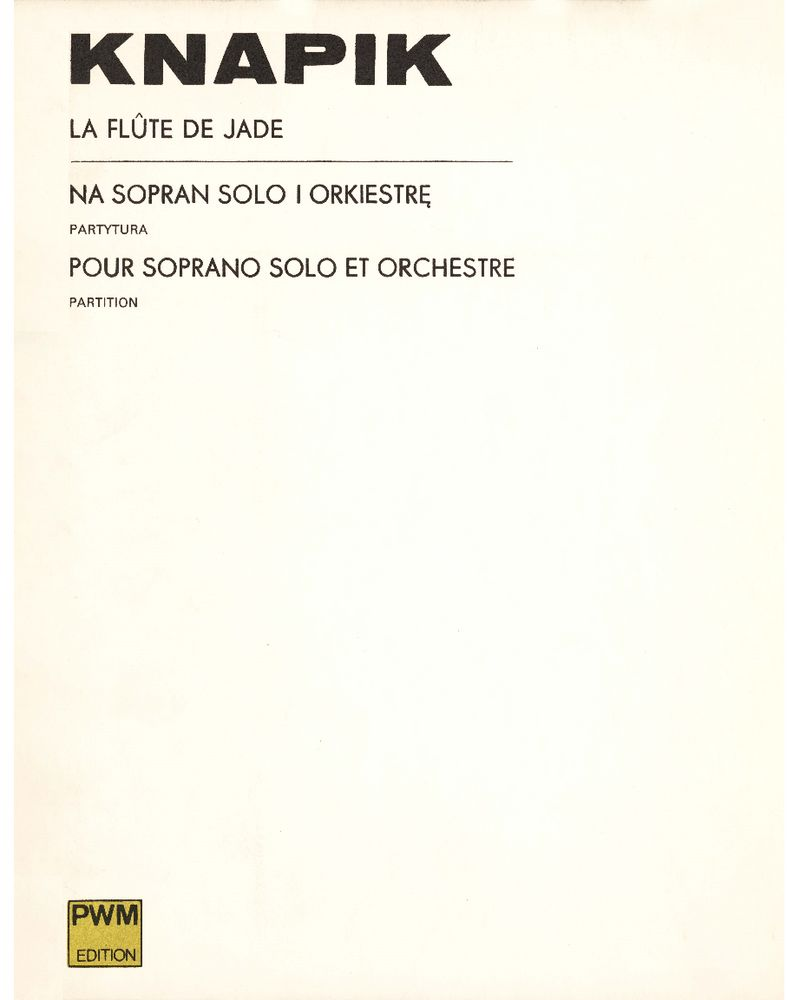
La Flute de Jade
Eugeniusz Knapik
Full Score
PWM Edition
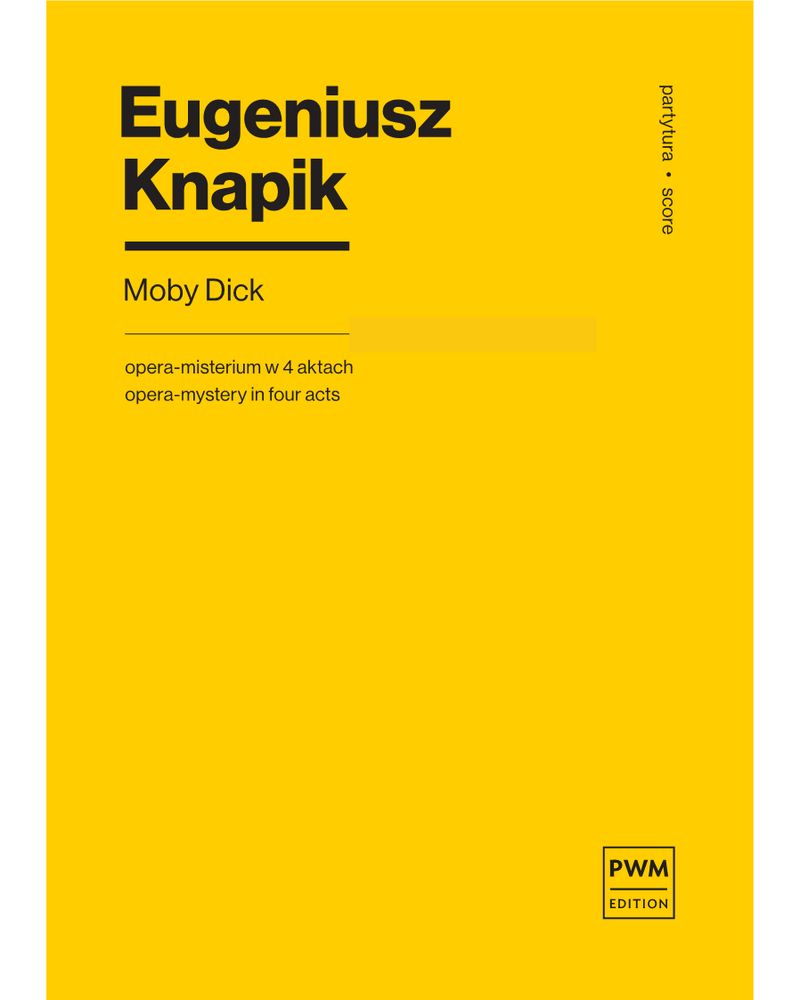
Moby Dick
Eugeniusz Knapik
Full Score
PWM Edition
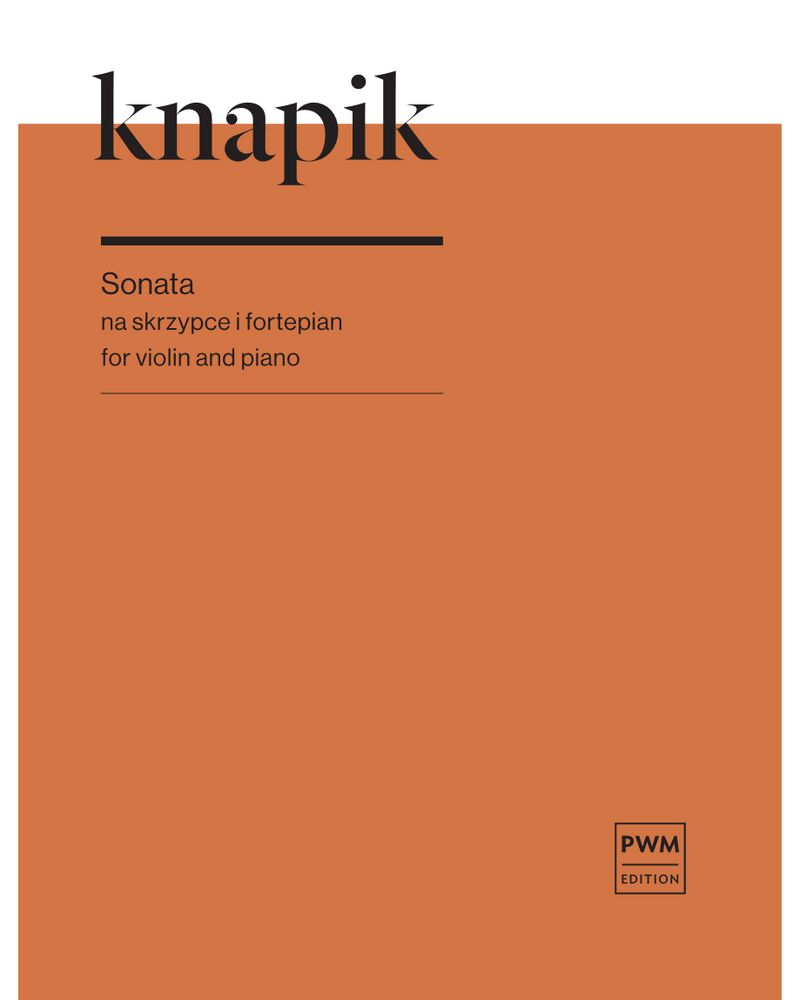
Sonata for Violin and Piano
Eugeniusz Knapik
Piano & Violin
PWM Edition
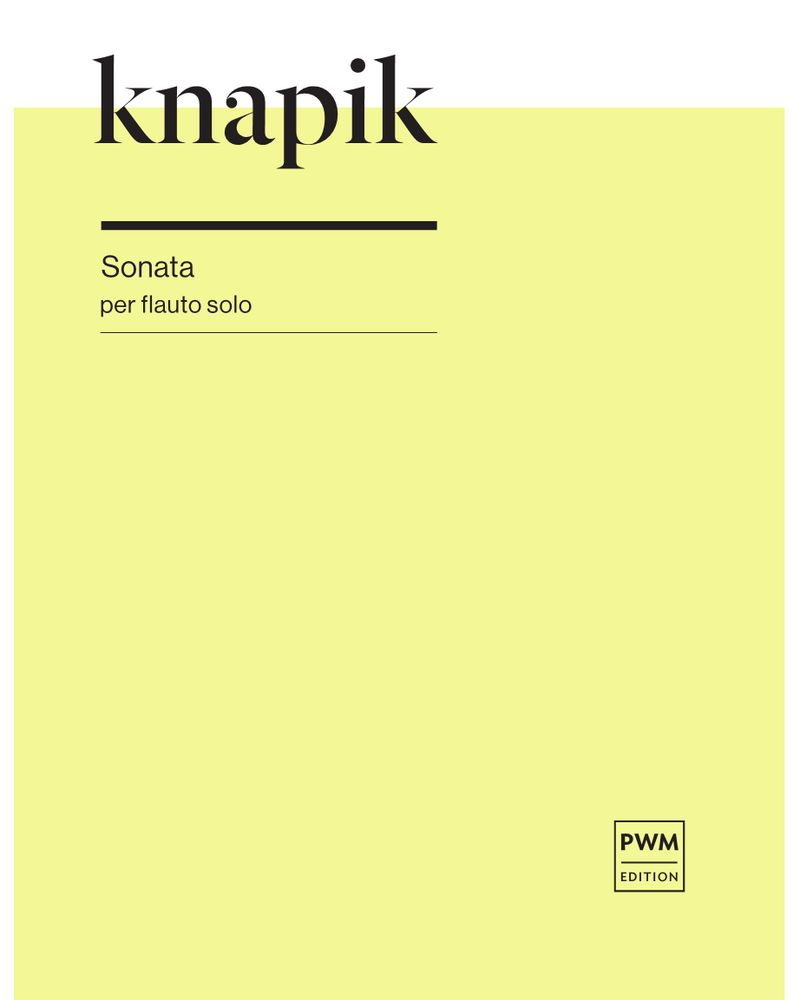
Sonata for Solo Flute
Eugeniusz Knapik
Flute
PWM Edition
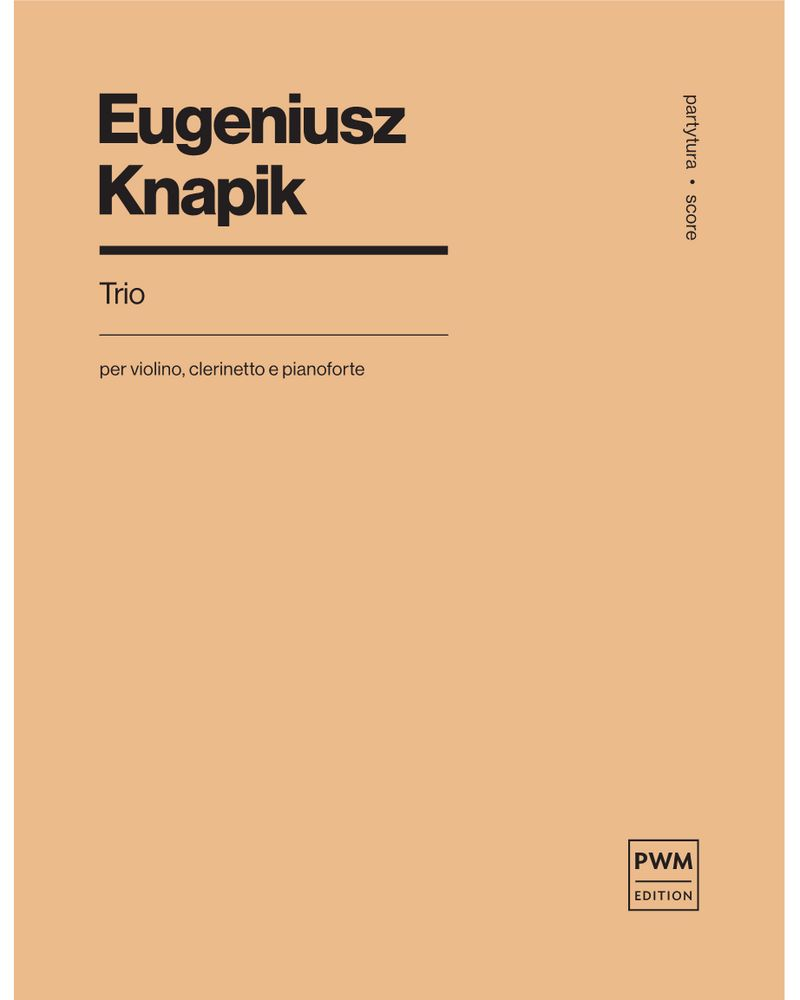
Trio
Eugeniusz Knapik
Clarinet in Bb & Piano & Violin
PWM Edition
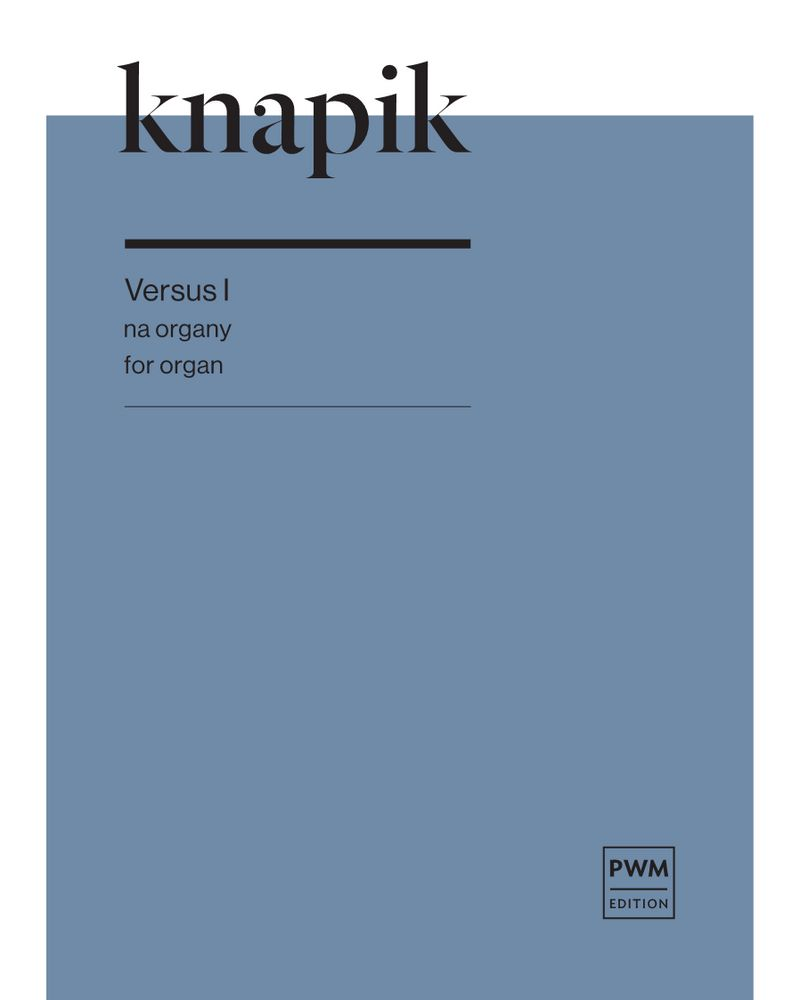
Versus I
Eugeniusz Knapik
Organ
PWM Edition
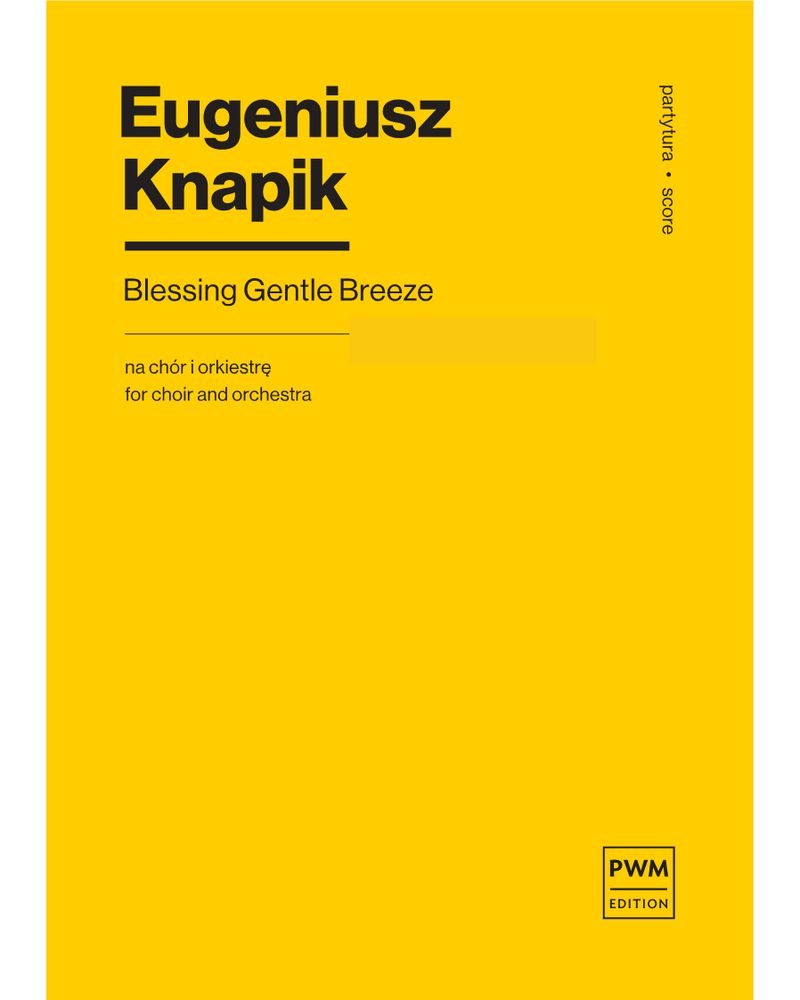
Blessing Gentle Breeze
Eugeniusz Knapik
Full Score
PWM Edition
INSTITUTIONAL PARTNERS
PUBLISHERS PARTNERS
TESTIMONIALS

